Both Carrier and Bryant produce high-quality AC systems. This makes it hard for consumers to choose which one is best for them. Both companies have built outstanding reputations through the years.
To help you make a decision, we did our research to provide you with a clear picture of which brand best suits your home or office.
One main thing you have to consider when choosing between the two brands is the price range. If price is not a problem for you, and you just want the highest quality with the most advanced features, go for Carrier.
On the other hand, if you want a long-lasting AC that leaves a smaller dent in your pocket, you might like Bryant better.
Choosing the ideal brand suited for your home is imperative. After all, you will be using this system for years to come. Keep reading as we take a deep dive into comparing these two iconic air conditioning brands.
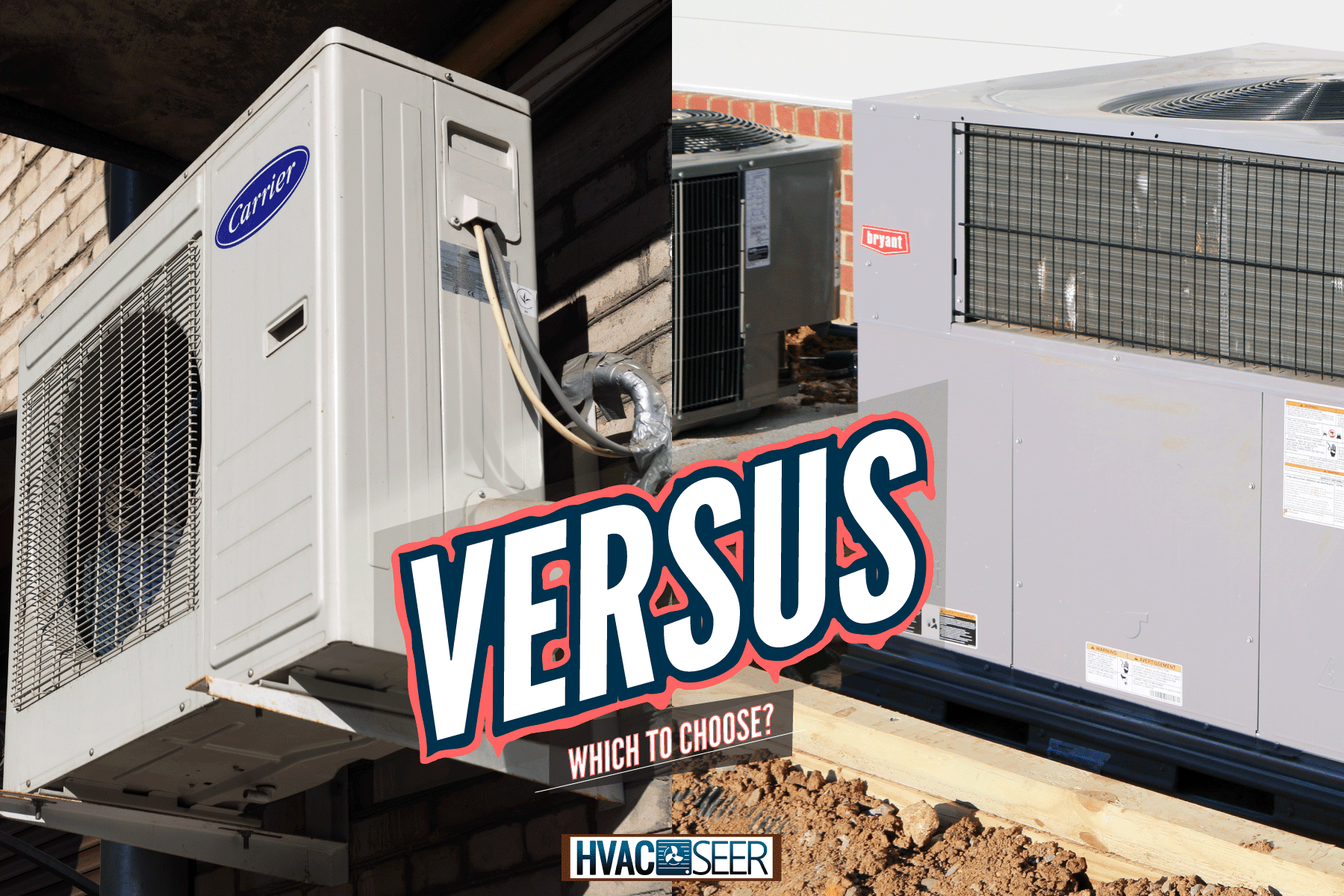
Heritage
Now you can't start a comparison without first talking about a company's history and heritage. Both brands have been on the HVAC scene for a long time. Both developed systems that we use in our daily lives and often take for granted.
Carrier
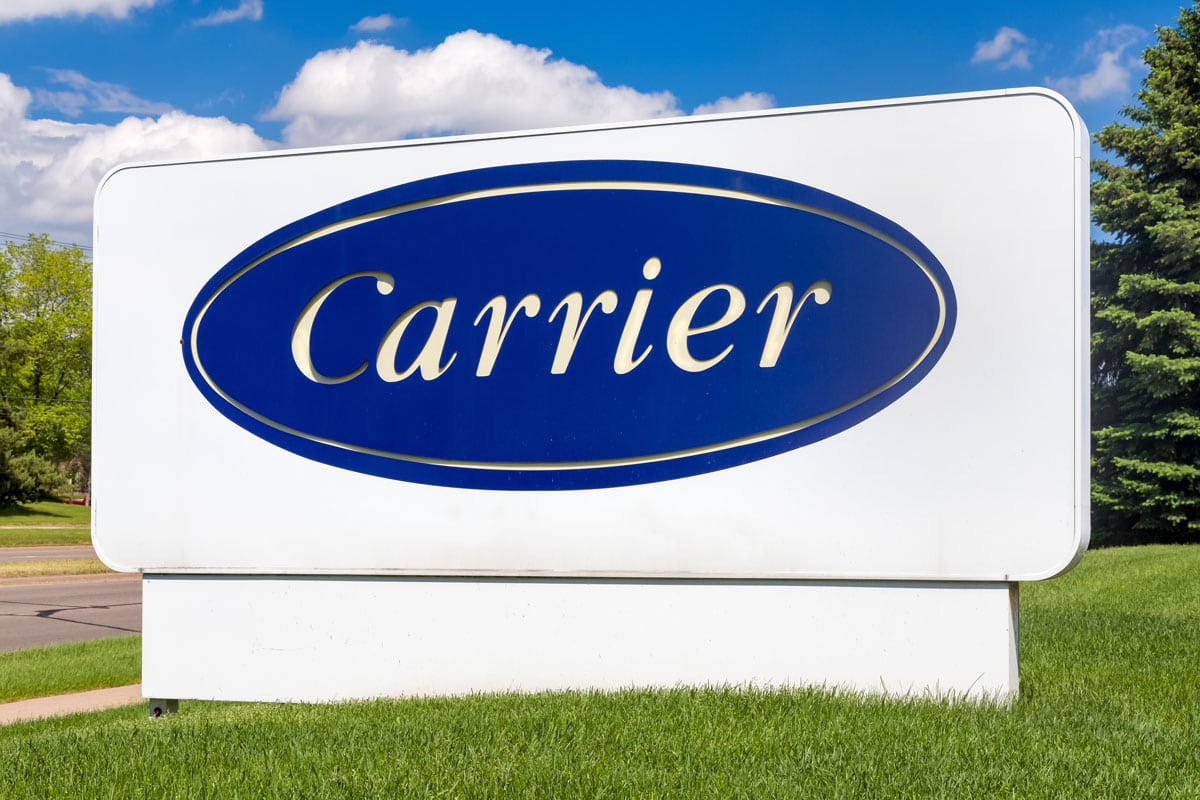
Carrier is considered to be the very first company to develop the modern air conditioning system.
Back in 1902, a man named Willis Carrier invented the machine that could maintain constant humidity. He did all these by utilizing chilled coils, fans, and air ducts to regulate airflow.
He received the patent for his invention, dubbed the "Apparatus for Treating Air", in 1906. He established the Carrier Engineering Corporation in 1915.
Today, Carrier's air conditioning systems are regarded as one of the best in the HVAC market. They manufacture three series of product lines: Infinity, Performance, and Comfort.
All use state-of-the-art technology, with the Infinity series being at the forefront.
Bryant
Charles Bryant established Bryant Heating and Cooling Systems back in 1904. At the time, Bryant only manufactured water heating systems. But as time went on, Bryant also invested in developing air conditioning system.
Throughout the years, the brand has gained a credible reputation in the HVAC scene and established itself as a trusted family brand.
Bryant boasts a wide array of products, from ACs and boilers to furnaces and even heat pumps. They have always been known for their quality products that are priced reasonably compared to other competitors.
Bryant is now owned by Carrier; the Carrier Corporation acquired it back in 1955. Meanwhile, Carrier is also owned by another corporation, the United Technologies Corporation.
Face-to-Face Comparisons
Both companies have a century of experience in the HVAC industry. They have created and developed top-of-the-line products that benefit us every single day.
Now, let's take a closer look at how the brands compare to one another.
Energy Efficiency
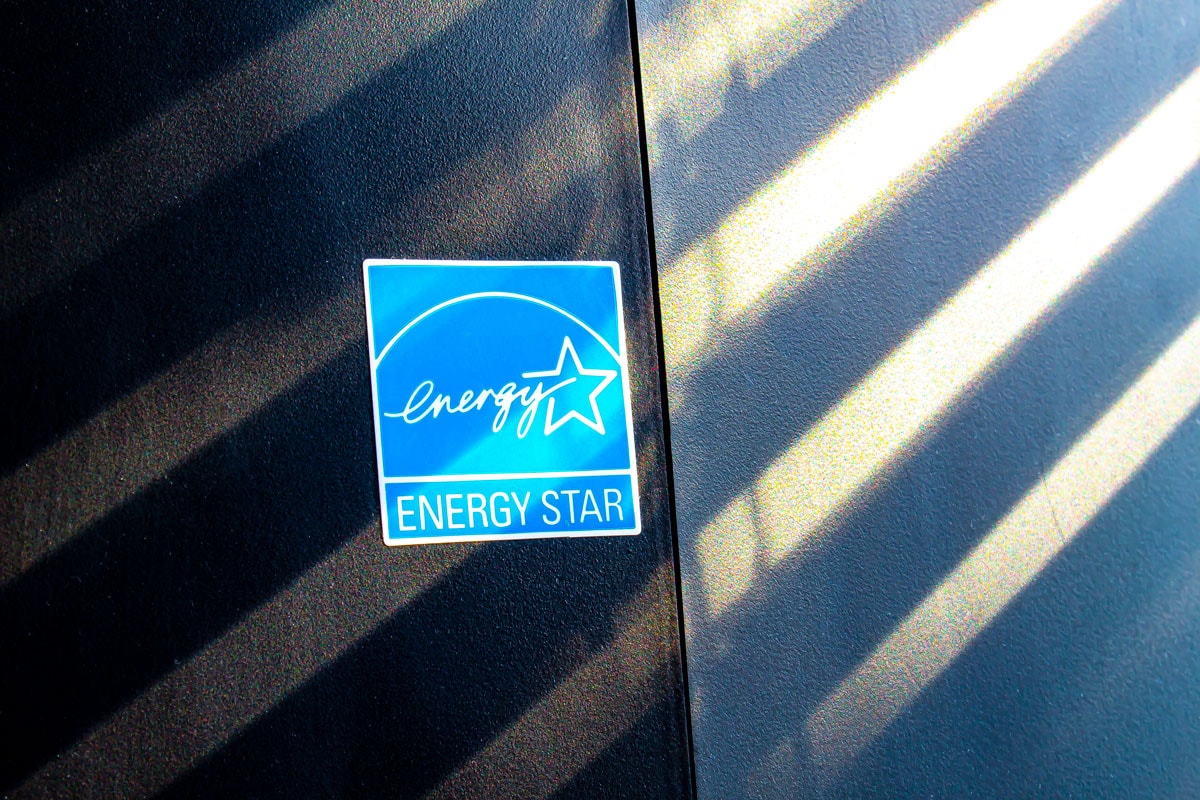
The energy efficiency of an HVAC system is often measured by a metric called SEER.
To put it simply, the higher the SEER rating of a product, the more energy-efficient it is. This energy efficiency rating will translate into savings on your monthly electricity bill.
The Carrier brand produces six air conditioning models that have the Energy Star sticker of approval. Their flagship model, the Infinity® 26, boasts a SEER rating of 26. That is one of the highest ratings across all air conditioning brands.
Meanwhile, Bryant has an extensive selection of air conditioning units that are Energy Star certified.
Bryant has more products than Carrier, which has the Energy Star sticker. Their EVOLUTION™ EXTREME 26 has a cooling efficiency of up to 26 SEER and is also recognized as the "Most Efficient" in 2022.
Product Catalog
When it comes to options, both brands offer three different series of air conditioning systems that will suit a wide array of preferences.
Bryant
For Bryant, these three series are the Evolution, the Preferred, and the Legacy.
Out of the three, the Evolution is the flagship and also the most efficient air conditioning system that Bryant manufactures. Cooling efficiency for the Evolution series range from 19 to a 26 SEER rating.
Their Legacy and Preferred series of air conditioning units are geared toward homeowners looking for cost-effective yet reliable air conditioning systems.
SEER ratings for both the Preferred and Legacy series range from 13 to 17, which is very respectable for a seriesof affordable units.
Carrier
As for Carrier, its air conditioning lineup includes the Comfort, the Performance, and its top-of-the-line Infinity series. The Infinity series is often touted as one of the most energy-efficient and long-lasting AC units on the market.
The SEER rating for their flagship model, the Infinity 26 with Greenspeed Intelligence, is 26.
Even if you opt to purchase models from the other two series (Performace and Comfort), you'll still be able to enjoy the premium comfort that Carrier products offer.
However, be ready to shell out a few extra bucks because Carrier sits on the pricier end of the HVAC market.
Noise Levels
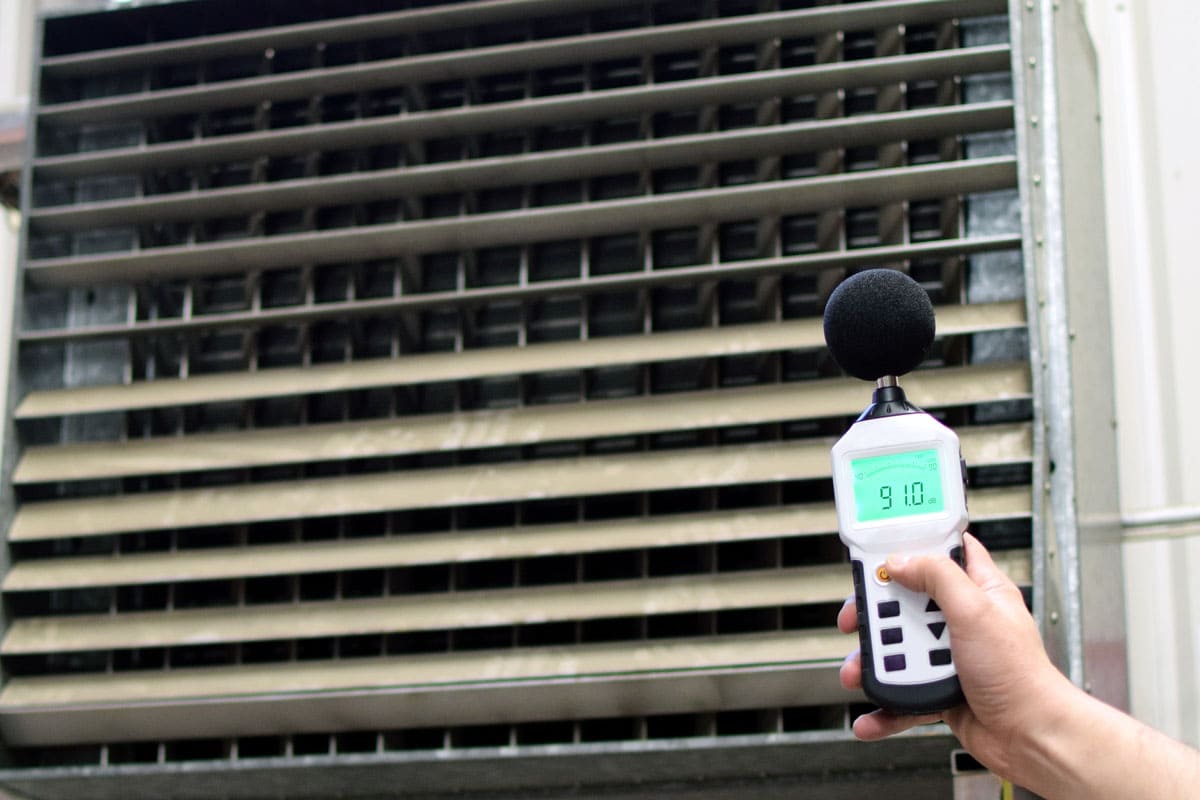
There is no doubt that noise levels are a significant factor when choosing the right air conditioner. Who wants to own an AC unit that could cause discomfort every time it's running? Luckily, Carrier and Bryant now offer a number of products that don't have this problem.
According to their catalog, Carrier AC units can reach noise levels as low as 51 to 76 decibels in range when running. Bryant AC also has the same noise levels when operating based on their product catalog.
So it's safe to say that both of the brands we are comparing won't disturb your sleep with a loud and obnoxious motor during the night. However, it's still best that you test out the unit first for any issues before committing to the purchase.
Longevity
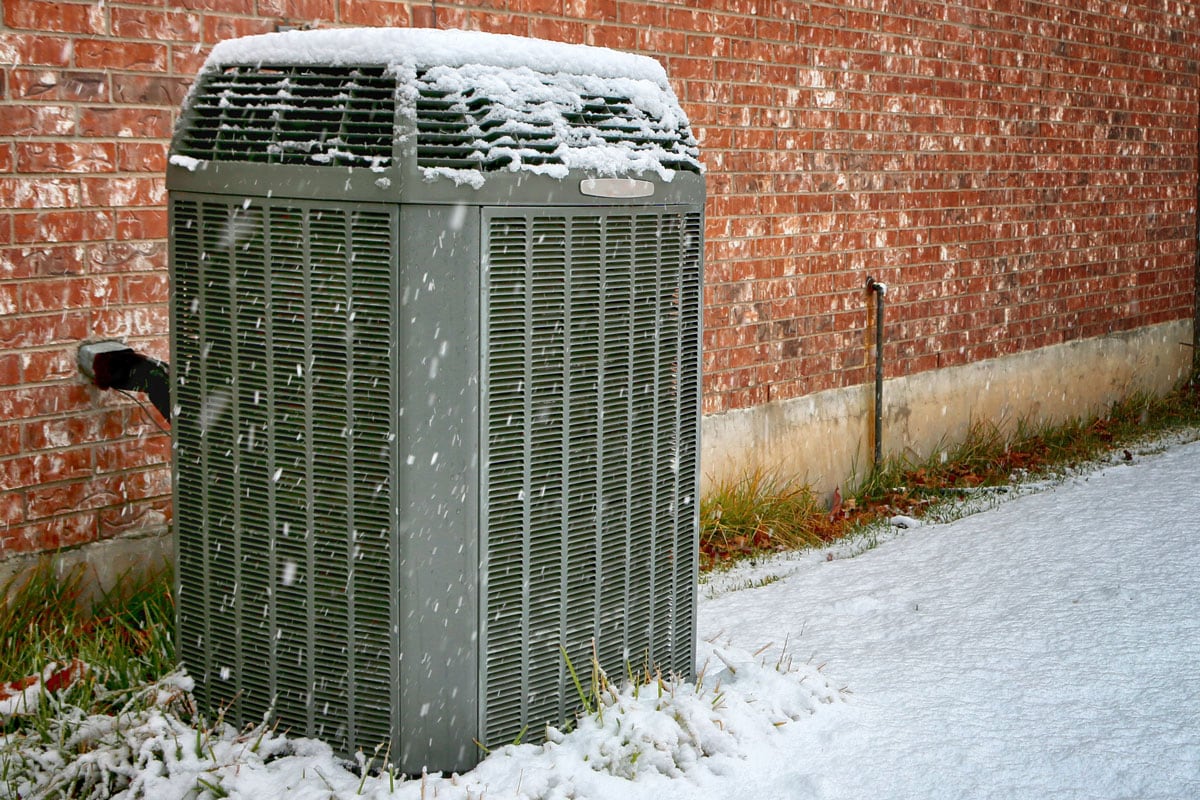
When it comes to the durability of the unit you purchase, some factors need to be considered, such as:
- environmental elements
- rate of use
- frequency of upkeep
And although there is no definitive answer to how long can your AC last, you would still be able to estimate it according to the factors stated above.
According to Carrier, a brand new air conditioner can last you a good 15 to 20 years if proper care and upkeep are observed during the lifespan of the unit. This not only applies to Carrier units but also Bryant air conditioners and a lot of other brands out there in the market.
You have to do your part if you want to keep your AC for as long as possible with minimal issues and problems.
It might take some work, but it will save you a lot of money in the long run.
Manufacturer's Warranty
In terms of warranty, Carrier is known as being one of the most reliable options. All of their systems come with a comprehensive warranty that lasts for 10 years upon purchase of their unit.
Finding a Carrier service center is also pretty easy, as they are dotted all across the United States.
As for Bryant, you might want to immediately register your newly purchased product.
If you register your unit within 90 days, you will get a competitive warranty that will cover most of the issues that your unit might encounter in the next 5 or 10 years, depending on the model you buy.
Unit & Installation Price Tags

During the process of finding the right air conditioner for your home, the price tag is often the most considered factor before anything else. But you should never buy a product just because it's cheap compared to its competitors.
At the start of this post, we stated that Carrier is the more expensive option between the two, and here's why.
For example, when you purchase one of Carrier's flagship models, the Infinity 21, it would cost you $4,125 for the unit alone. An additional $4,210 would be needed for the installation costs. That would total about $8,335 for the whole AC installation.
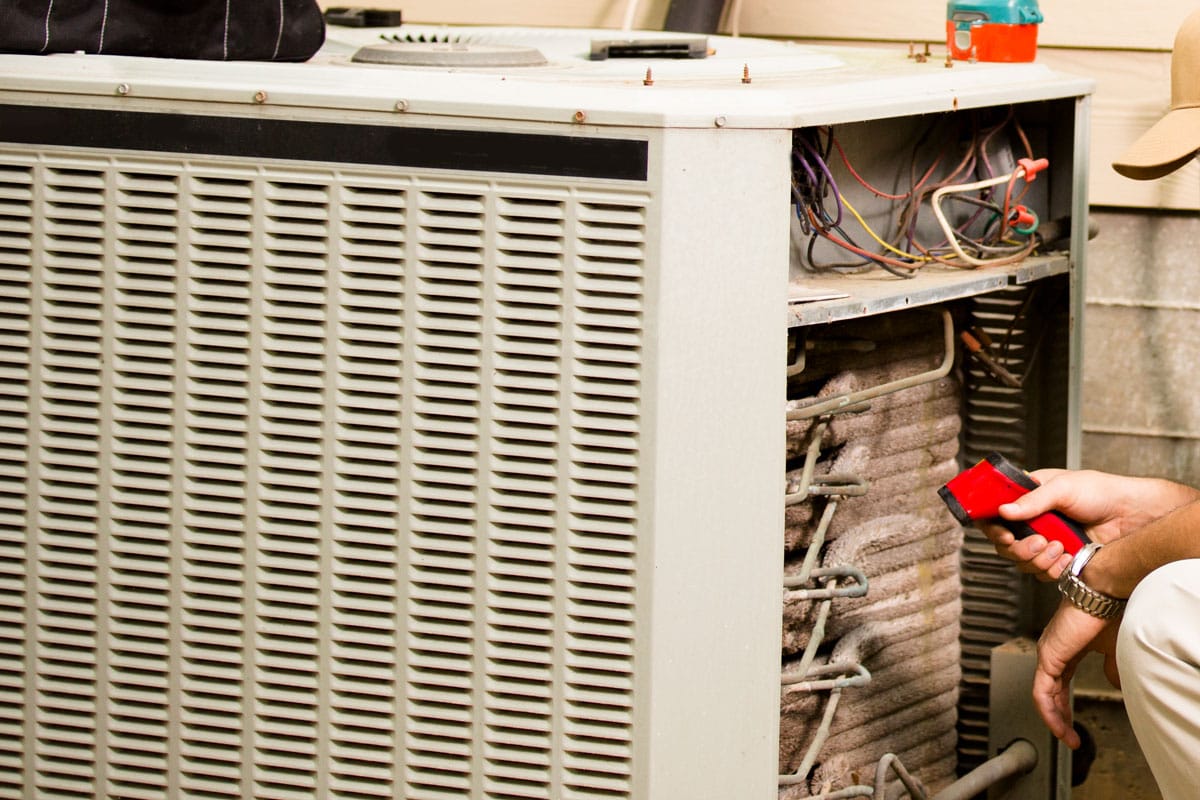
For Bryant, when you purchase one of its flagship models like the Evolution 189BNV, it would only cost you about $2,190 for the unit itself. An additional $1,350 would be needed for the installation.
In total, the cost would be about $3,540 for the whole installation process.
To Wrap It Up
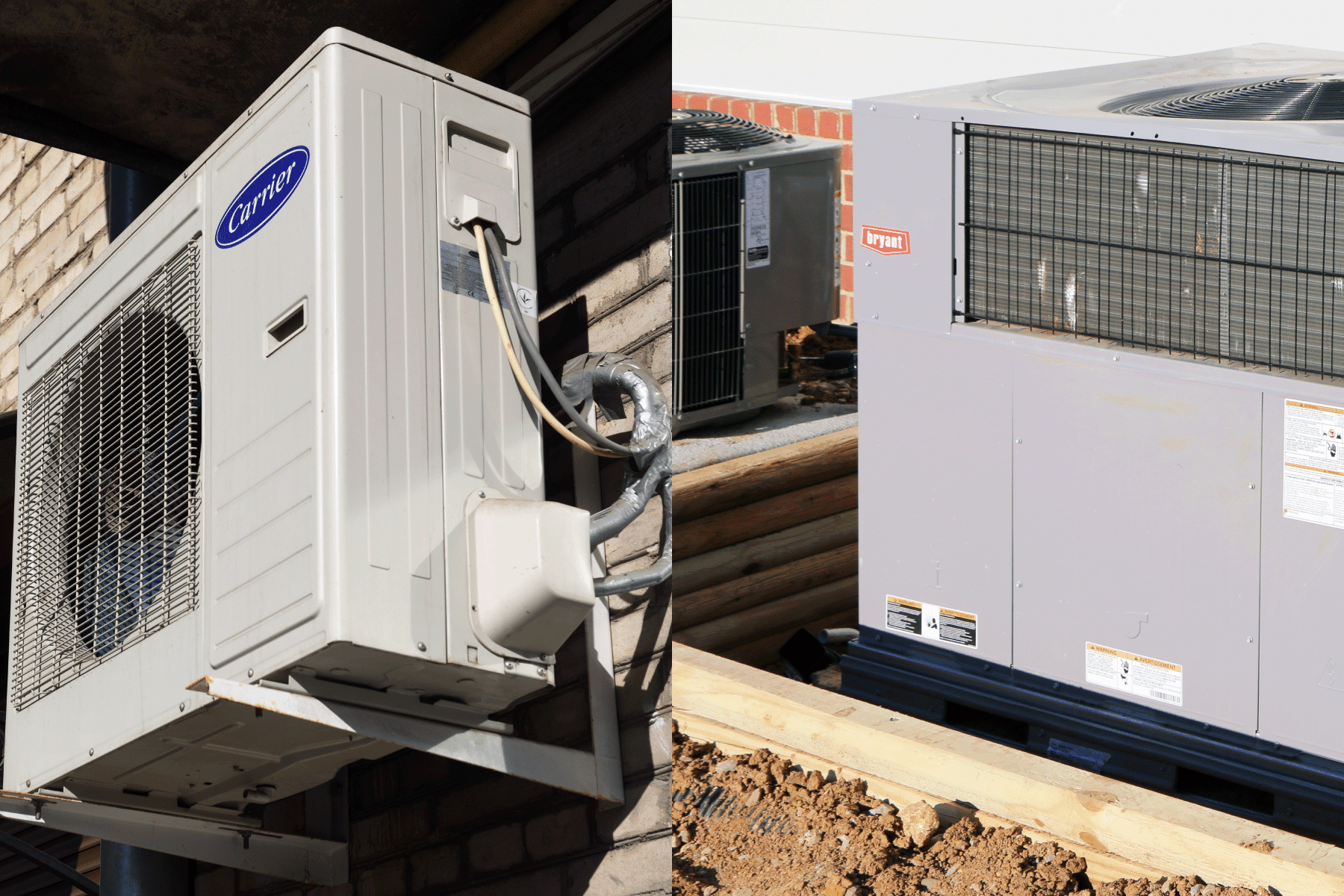
Both Carrier and Bryant are very reputable brands in the HVAC industry. Both produce high-quality and energy-efficient air conditioning systems.
In the end, it will all come down to you, the buyer, and your specific preferences to decide which brand suits you better.
Remember not rush into things and do your research first. Buying an air conditioning system is a long-term investment.
If you found this post helpful, you might also want to check out some of our other comparison posts:
